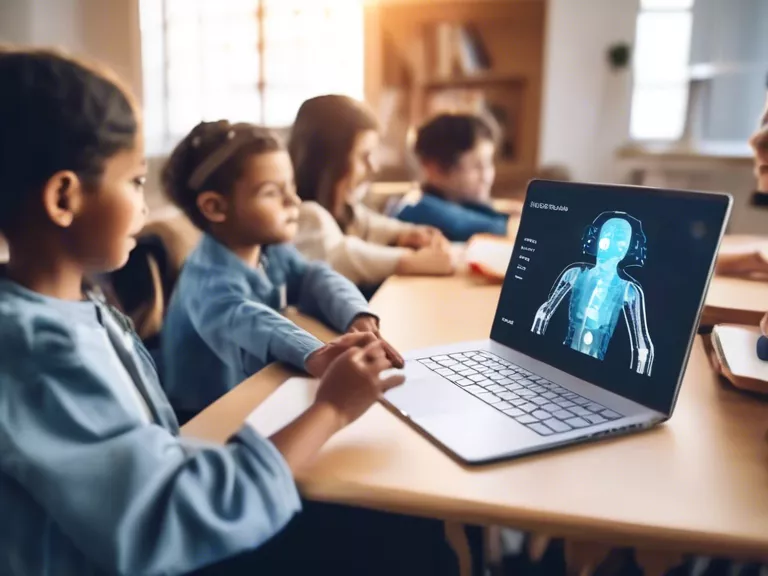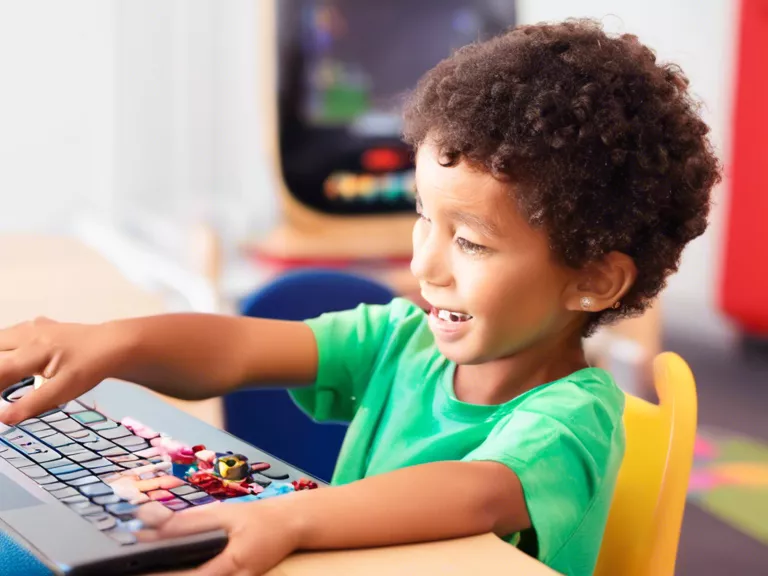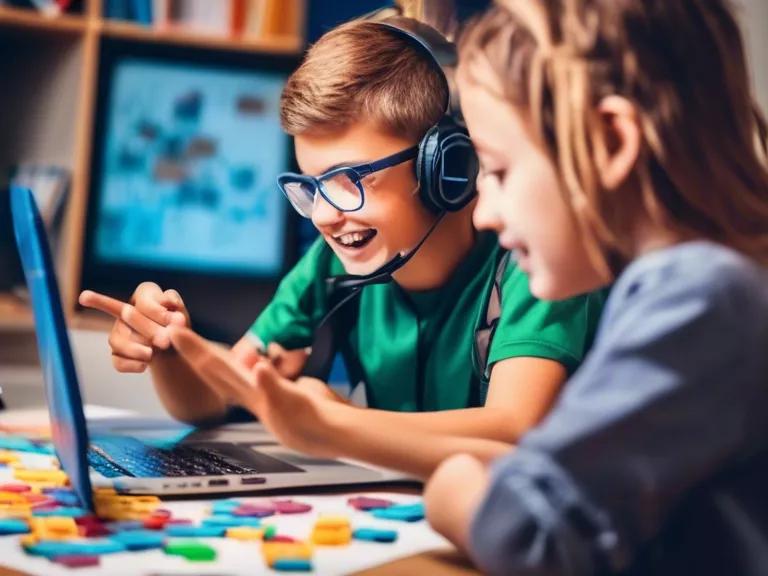
Artificial Intelligence (AI) has revolutionized the way personalized learning is implemented in virtual classrooms. With advanced algorithms and data analytics, AI technology can tailor educational content to meet the individual needs of students, ultimately enhancing their learning experience. From adaptive learning platforms to intelligent tutoring systems, AI is transforming the future of education.
One of the key benefits of AI in personalized learning is its ability to provide real-time feedback to students. Through machine learning algorithms, AI can analyze students' performance on assessments, identify their strengths and weaknesses, and offer personalized recommendations for improvement. This immediate feedback helps students stay on track and address any learning gaps more effectively.
Another way AI is transforming personalized learning is through adaptive learning platforms. These platforms use AI algorithms to adjust the difficulty and pace of content based on each student's learning needs and progress. This ensures that students are constantly challenged at the right level, promoting deeper understanding and retention of the material.
Furthermore, AI-powered virtual tutors are enabling personalized one-on-one instruction for students. These intelligent tutoring systems can provide additional support outside of the classroom, offering personalized explanations, examples, and practice exercises tailored to each student's learning style and pace. This individualized attention helps students master challenging concepts and stay engaged in their learning.
AI technology also plays a crucial role in data analytics, allowing educators to track students' progress and make data-driven decisions to optimize their learning experience. By analyzing vast amounts of data, AI can provide insights into how students learn best, which instructional methods are most effective, and where improvements can be made in the curriculum.
In conclusion, AI is revolutionizing personalized learning in virtual classrooms by providing real-time feedback, adaptive learning platforms, virtual tutoring, and data analytics. By harnessing the power of AI technology, educators can create a more personalized and effective learning experience for every student, ultimately leading to improved outcomes and student success.



